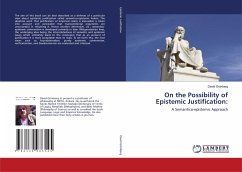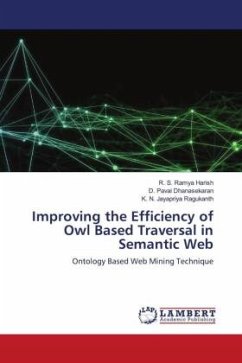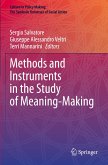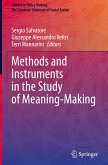The aim of this book can be best described as a defense of a particular view about epistemic justification called semantico-epistemic holism. The skeptical work that justification of empirical claims is impossible is taken into account and concluded that transcendental arguments are unsuccessful in rebutting it. Hence another alternative, viz., semantico-epistemic coherentism is developed primarily in later Wittgensteinian lines, the underlying idea being the interrelatedness of semantic and epistemic issues which ultimately leads to the conclusion that as an account of justification it is more acceptable than its rivals. To set forth this, the rival views such as foundationalism, purely epistemic coherentism, verificationism, and Davidsonianism are evaluated and criticized.
Bitte wählen Sie Ihr Anliegen aus.
Rechnungen
Retourenschein anfordern
Bestellstatus
Storno








